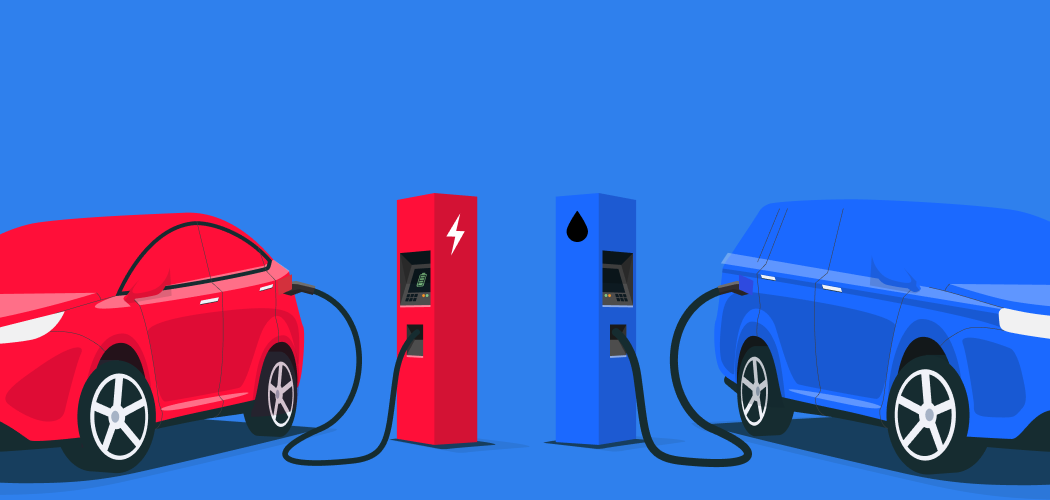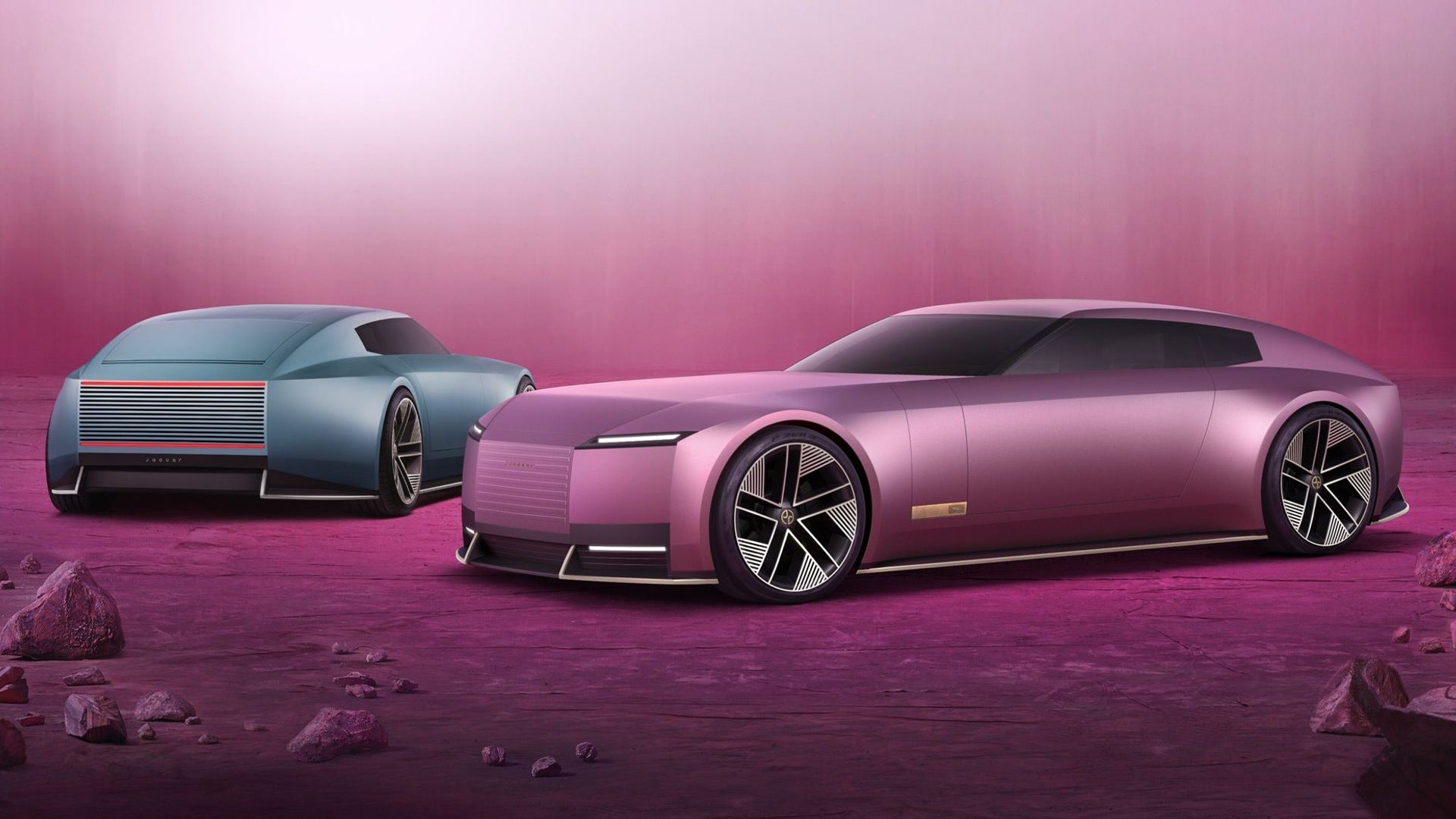Da Elektrofahrzeuge in den USA immer beliebter werden, wägen viele Familien die tatsächlichen Kosten eines Elektrofahrzeugs im Vergleich zu Fahrzeugen mit herkömmlichem Verbrennungsmotor ab. Hier berichtet ein Haushalt mit zwei Mini Cooper SE Elektrofahrzeugen und einer 9-kW-Solaranlage ausführlich über seine Erfahrungen und vergleicht die wöchentlichen Ladekosten mit den Benzinkosten. Zudem werden Einblicke von anderen Elektrofahrzeugbesitzern im ganzen Land gegeben.
Nur 3 $ für 203 Kilometer pro Woche statt 15 $ für Benzin
Dieser Haushalt fährt jede Woche etwa 203 Kilometer und gibt nur etwa 3 Dollar für das Aufladen seiner Elektrofahrzeuge aus. Im Gegensatz dazu verbraucht ein durchschnittliches Fahrzeug mit Verbrennungsmotor und einem Kraftstoffverbrauch von 9,9 Litern pro 100 Kilometer etwa 19,9 Liter Benzin pro Woche und kostet damit etwa 15 Dollar (basierend auf 3,12 Dollar pro Gallone). Dieser Unterschied summiert sich zu einer jährlichen Ersparnis von rund 600 Dollar.
Ihre 9-kW-Solaranlage trägt dazu bei, den Stromverbrauch von Haus und Fahrzeug auszugleichen und so den sommerlichen Überschuss mit dem winterlichen Engpass zu kompensieren. Dank einer 20-jährigen Garantie und einer 30-prozentigen Steuergutschrift (die auch für eine neue Dachinstallation galt) rechnet sie mit einer Amortisationszeit von 5 bis 7 Jahren für ihre Solaranlage. Diese Synergie zwischen Solarenergie und Elektrofahrzeug-Ladefunktion steigert ihre Gesamtenergieeffizienz und Einsparungen.
Ladekomfort und Kostenmanagement
Obwohl er zunächst skeptisch gegenüber einem Pauschalpreis von 3 Dollar pro Stunde an der ChargePoint-Station seines Arbeitsplatzes war, stellte der Besitzer fest, dass er bei einer Ankunft mit 52 % Akkuladung nur eine kurze Ladung (ca. 20 %) benötigte, bevor er das Fahrzeug vom Stromnetz trennen konnte. Das minimierte die Kosten und vermied unnötige Ladezeiten. Dies verdeutlicht, wie Besitzer von Elektrofahrzeugen das Laden strategisch steuern können, um Komfort und Kosten zu optimieren.
Einfluss regionaler Strompreise auf die Erschwinglichkeit von Elektrofahrzeugen
Kommentare anderer Fahrer von Elektrofahrzeugen verdeutlichen, wie sich regionale Strompreise auf die Gesamteinsparungen auswirken:
-
Ein Autofahrer im Norden des Staates New York gibt an, 0,21 US-Dollar pro kWh zu zahlen, was zu einer monatlichen Kraftstoffersparnis von etwa 60 US-Dollar im Vergleich zu Benzin führt, obwohl höhere Versicherungskosten diese Einsparungen wieder aufwiegen.
-
Ein anderer Benutzer weist darauf hin, dass die Strompreise in seiner Gegend nachts nur 0,02 $/kWh betragen, was das Aufladen zu Hause äußerst wirtschaftlich macht.
-
Umgekehrt verzeichnen Haushalte mit Elektroheizung im Winter Stromrechnungen von über 1.000 US-Dollar pro Monat, was die Kostenvorteile von Elektrofahrzeugen schmälern kann.
Diese Beispiele unterstreichen, dass der wirtschaftliche Nutzen von Elektrofahrzeugen stark von den lokalen Strompreisen, dem persönlichen Fahrverhalten und dem Energieverbrauch des Haushalts abhängt.
Überlegungen zu Wartung und Lebensstil
Mehrere Kommentatoren erwähnen, dass die Wartungskosten für Elektrofahrzeuge niedriger und weniger zeitaufwendig sind als bei Fahrzeugen mit Verbrennungsmotor. Routineaufgaben wie der Austausch des Luftfilters kosten bei Selbstwartung etwa 15 US-Dollar. Ein Nutzer bevorzugt Elektrofahrzeuge trotz ähnlicher Betriebskosten wie Fahrzeuge mit Verbrennungsmotor, da sie bequem zu Hause aufgeladen werden können und der Wartungsaufwand geringer ist.
Abschluss
Dieses Praxisbeispiel aus einem Haushalt mit zwei Elektrofahrzeugen zeigt erhebliche Einsparungen bei den Kraftstoffkosten im Vergleich zu herkömmlichen Benzinfahrzeugen, insbesondere in Kombination mit Solarenergie. Obwohl regionale Strompreise und individuelle Lebensumstände variieren, bieten Elektrofahrzeuge überzeugende wirtschaftliche und lebensstilbezogene Vorteile. Mit der Verbesserung von Infrastruktur und Technologie werden voraussichtlich noch mehr Einsparungen erzielt.
Autor: Lay Wen








Aktie:
Wie können Sie Ihr Wohnmobil mithilfe der bidirektionalen Ladefunktion für Elektrofahrzeuge mit Strom versorgen?
Verstößt die Verwendung des mitgelieferten Tesla-Ladegeräts der Stufe 1 gegen NEC 625 und die HOA-Vorschriften?